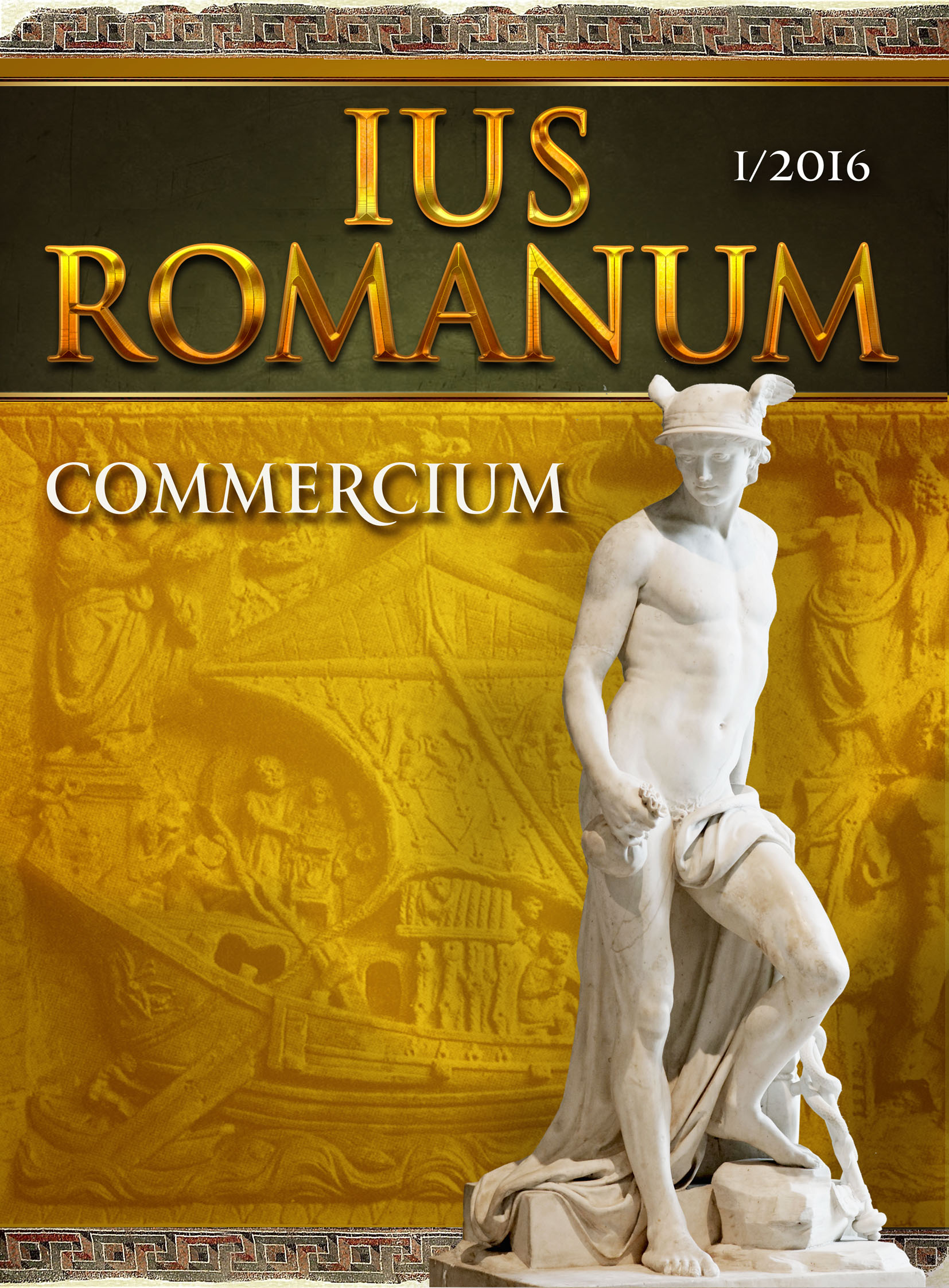БАНКОВАТА ДЕЙНОСТ В ГРАДОВЕТЕ В КЛАСИЧЕСКАТА ЕПОХА (І–ІІІ В. ОТ Н.Е.)
BANKING ACTIVITY OF MUNICIPALITIES IN PERIOD OF I-III C. AD
Author(s): Andrea TrisciuoglioSubject(s): Law, Constitution, Jurisprudence, History of Law, Civil Law, Law on Economics, EU-Legislation
Published by: Софийски университет »Св. Климент Охридски«
Keywords: banking activity; municipia; civitates; decreta decurionum; curatores rei publicae;
Summary/Abstract: The article analyzes the administrative aspects of the banking and in particular the lending activity of the Roman municipalities in the period I-III c. AD. During this period it was a common practice for Roman municipalities to lend interest loans to private individuals as a form of long-term investment and also as a way to achieve other goals of public interest, e.g. support the urban development of the respective cities. The sources, analyzed in the article, show that the decision to lend a public interest loan had to be approved by the municipal senate (although it is arguable to what extent the senate's discretion was limited by the governor of the province or the curatores rei publicae). The local magistrates would then conclude a contract with a borrower of their judgment and would be the ones to bear the responsibility in case of choosing an insolvent borrower or accepting inadequate items as collateral. All this still leaves open the question about the role of the province governor and the curatores rei publicae in the lending process.
Journal: IUS ROMANUM
- Issue Year: 2016
- Issue No: 1
- Page Range: 190-204
- Page Count: 15
- Language: Bulgarian

